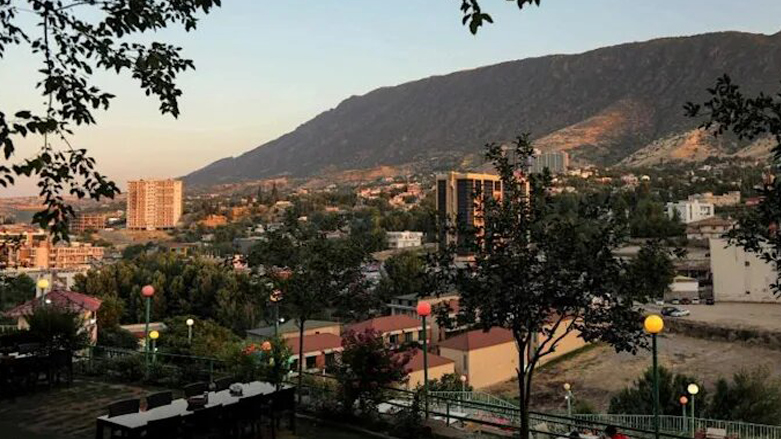Over 30,000 Iraqi tourists arrive in Erbil for Eid vacation

ERBIL (Kurdistan 24) – Tens of thousands of tourists, mainly from Iraq’s central and southern provinces, have arrived in the autonomous Kurdistan Region’s capital province of Erbil to spend the Islamic feast Eid al-Adha there, according to local authorities.
The region’s four provinces, particularly during summertime, host thousands of local tourists from Iraq’s provinces as they escape from the scorching summer heat. Other times of the year have also seen a steady increase in tourism.
In the past two days, more than 30,000 tourists from the southern and central provinces of Iraq have crossed into the region, according to figures from provincial checkpoint authorities speaking to Kurdistan 24.
The capital city has the capacity to host 40,000 tourists on a daily basis, say local tourist authorities. This, they said, was based upon the number of hotels, restaurants, and recreational activities the city can provide.
Since the beginning of the year, more than one million tourists have visited Erbil, mainly from provinces in Iraq outside the Kurdistan Region, Nariman Gardi, the spokesperson for the Erbil General Tourism Directorate, told Kurdistan 24.
In addition to the relatively low temperature in hot summer, the stability, security, and existence of recreational activities at the mountainous resorts of the Kurdistan Region attract local tourists from the Iraqi provinces.
Read More: PHOTOS: Kurdistan Region's mountain snowscapes attract thousands of winter tourists
“We do not have any resorts in Baghdad,” said Ahmed Ala, a tourist from the Iraqi capital, told Kurdistan 24.
He expressed his appreciation to local security forces for the “warm welcome” his family has received on their previous five visits there.
Hala Hussien, a female tourist from Babel province, told Kurdistan 24, “I am excited to see Erbil for the first time.”
Eid al-Adha is a four-day long Islamic feast in which Muslims mark the end of the annual Islamic pilgrimage to Mecca, Saudi Arabia, called Hajj—a mandatory duty for Muslims who have the physical and financial means to carry out at least once in their lifetime.
The religious holiday is the second of two major Islamic celebrations, the first one being Eid al-Fitr which marks the end of the month of Ramadan.
Editing by John J. Catherine
